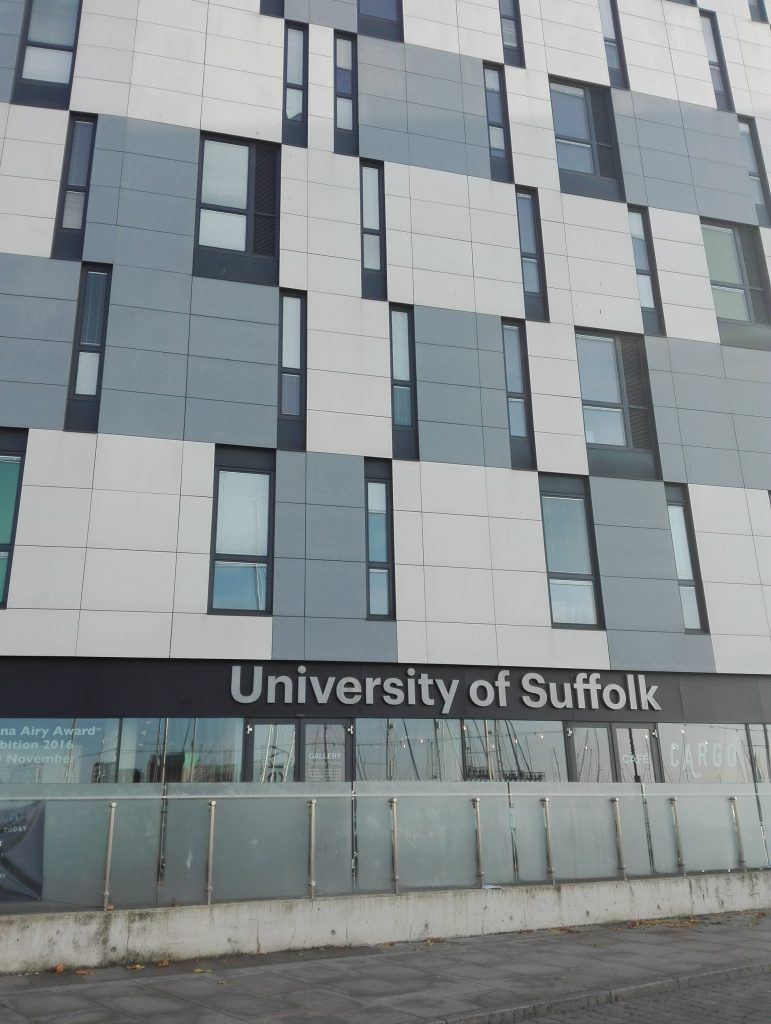
The 14th meeting of Corpus Linguistics in the South will be held on Saturday March 4, 2017 at Birkbeck, University of London.
To register for this event, please send an email to Rachelle Vessey (r.vessey@bbk.ac.uk) and include the following details:
Name
Affiliation
Email address
Please also indicate if you would like to join in the group lunch, which will be at Byron (https://www.byronhamburgers.com/store-street/).
There are limited spaces available for this event and also limited availability for lunch. Registration and reservations for lunch will be allocated on a first-come-first-serve basis.
Practical information
In the tradition of all Corpus Linguistics in the South events, there will be no charge for participation or attendance. Coffee and refreshments will be provided and participants will be welcome to attend an optional lunch (cost approximately £15). Please note we do not have any funds from which to assist with transport or accommodation. Birkbeck, University of London is located in the heart of Bloomsbury and is easily accessible by public transportation. More details on our central London campus can be found here.
This event is being organised by Rachelle Vessey.




